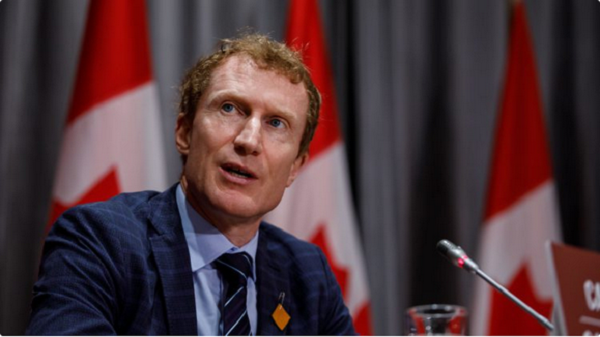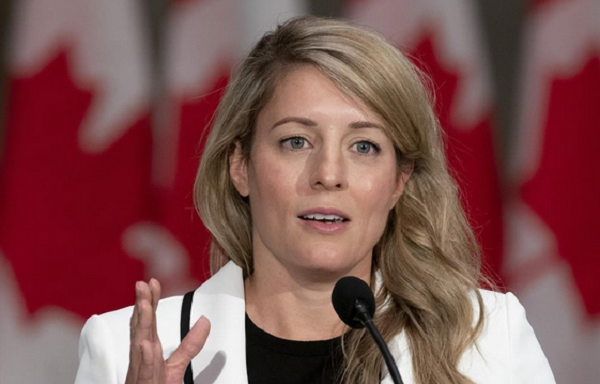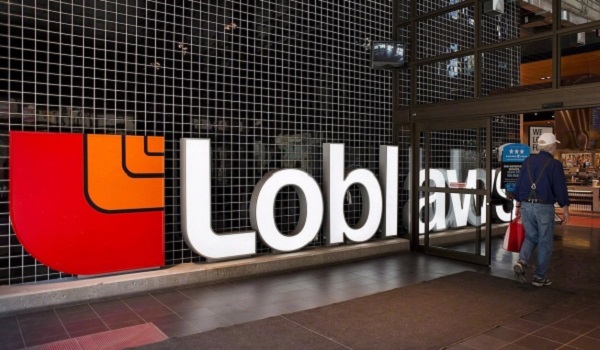Suspension of Canada’s family reunification program for new candidates has prevented more immigrants from sponsoring parents and grandparents
Ayon De chose Canada over the U.S. because he thought his parents could join him faster under Ottawa’s family reunification program.
However, after having been here for almost six years, the native of India hasn’t even been able to get into the queue to sponsor his parents to Canada. It’s already too late for his father, who died of cancer in September.
Now, the Toronto project manager is unsure when the federal government will ever reopen the parent and grandparent sponsorship program, so his widowed mother can stay withof him and his only sibling in Canada permanently.
For a fourth year in a row, the Immigration Department has closed the program to new candidates and kept drawing from the same old pool of Canadians who had expressed interest to sponsor their parents and grandparents, and put their names in the system, back in 2020.
“The family reunification program was one of the major factors for me to immigrate to Canada from the United States,” said De, who was in the U.S. on a work permit before moving here in 2018, though he couldn’t apply yet as a sponsor. “I was very happy there but Canada had an easier and clearer pathway for parents and grandparents.
“My biggest concern is that right now, we can’t even get into the pool.”
Canada has a lottery system that rations a limited number of sponsorship spots for parents and grandparents. Canadian citizens and permanent residents must submit an expression of interest to enter the pool each year; only those who are randomly drawn are “invited” to apply. Officials will then screen them for eligibility based on criteria such as a sponsor’s income level.
However, during the pandemic, the Immigration Department delayed the opening of the program in 2020 for other priorities amid lockdowns and border closures. Despite promising to reopen the program the following year, it has remained closed to new expressions of interest.
Potential sponsors were outraged earlier this month when the Immigration Department again announced it was sticking to the same 2020 candidate pool.
“Starting May 21, we will invite 35,700 potential sponsors from the pool of remaining interest to sponsor forms submitted in 2020 to sponsor parents and grandparents,” the department said in a post on X, formerly Twitter.
“We will send out invitations over the course of approximately two weeks. If you submitted an interest to sponsor form in 2020, please check the email address you used at that time.”
Sponsors must prove the incomes for the previous three years to meet the thresholds. Ayon De was short in 2018 when he only worked part of the year after arriving so he couldn’t apply in 2020.
What upsets Harpreet Singh most is that Immigration’s goal is to accept up to 20,500 complete applications out of all the invitees.
“They think 43 per cent of the people they send an invitation to will not qualify,” said the British Columbia man, who came here from England in 2018. “That’s a big waste.”
He said a lot of changes would have happened to candidates in an outdated pool: some may have lost interest, the sponsors’ incomes may not qualify anymore and parents could have died over time.
The marketing professional said he missed the opportunity to enter the 2020 pool for his widowed mother because of missing the income threshold when he moved here in 2018.
“We’re calling on the government to reopen the pool so everybody gets a fair chance,” said Singh, who with others has launched an online campaign for a fair and transparent sponsorship process.
With an additional 1.3 million new permanent residents admitted in Canada over the last three years, the situation is going to worsen as a result of a huge pent-up demand to sponsor parents and grandparents, he warns.
Rohan Sekhri, who runs a Facebook group of parent and grandparent sponsors, said a problem with the sponsorship program is that anyone can enter the pool and officials only check eligibility after a candidate is drawn and invited to apply.
“They need to define whether (sponsorship) is a privilege or right,” said the Toronto software engineer, who was in the 2020 pool but only got invited in last year’s draw.
“If it’s a privilege, then they need to have certain criteria for applicants to get into the pool. You should need to become a citizen before you enter the pool, like in the U.S.”
To ease prolonged family separation, Ottawa in 2011 introduced the “super visa,” meant to allow parents and grandparents multiple entries valid for 10 years. Two years ago, it extended the length of each stay for the visa holders from two years at a time to a maximum five years.
However, there’s a catch: visa applicants must purchase private health insurance that could cost from $1,800 to $5,000 a year, depending on the coverage, age and health conditions of the insured person.
De, whose parents came on the super visa, said many things are not covered in these plans, and his family is stuck with a $70,000 medical bill for his father’s cancer care.
“The intent of the super visa is for the person to stay here temporarily and then they go back home,” said De, whose mother has applied for permanent residence on humanitarian and compassionate grounds, a process that can take a few years and has a low acceptance rate.
“In our case, the intent has changed. My mom, who is a widow now, needs to be with us in Canada, permanently. Both her children are here.”

For De and Singh, their worst fear is the Immigration Department won’t be accepting new intake until it depletes its 2020 pool, which will remain at around 65,000 after this year’s draw.
But they are not the only ones who are increasingly anxious about the future of the sponsorship program.
Devinderjeet Singh is in the 2020 pool but has yet to be invited to apply for his mother from India after four draws. He fears that his chances would get slimmer if the program is to reopen for new intakes again.
“I know many people who came after me (who applied in 2020) but were able to sponsor their parents here because they got selected in the lottery,” said the Edmonton truck driver.
“Some of us are waiting for 10 years, so this is totally unfair. Everyone should be given a fair chance.”
In 2019, the Immigration Department did try a first-come-first-served system that allowed Canadians to indicate interest in pursuing a formal sponsorship application in lieu of the lottery system, but all 27,000 spots were snapped up in six minutes.
This article was first reported by The Star











